The 2010 conference will also span across a broad range of issues aiming to provide a forum for traditional SRA themes. Confirmed keynote speakers so far include:
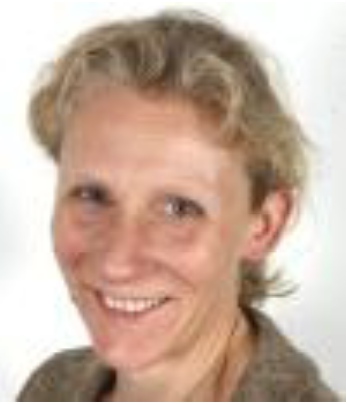 Julia Black
Julia Black
Julia Black joined the Law Department at the London School of Economics in 1994. She completed her first degree in Jurisprudence and her DPhil at Oxford University. Her primary research interest is regulation.
In 2001-2 she received a British Academy / Leverhulme Trust Senior Research Fellowship to develop her work on regulation, and in 2007-8 was a Visiting Fellow at All Souls College, Oxford.
She has written extensively in the area of regulation, and also advised policy makers, consumer bodies and regulators on issues of institutional design and regulatory policy.
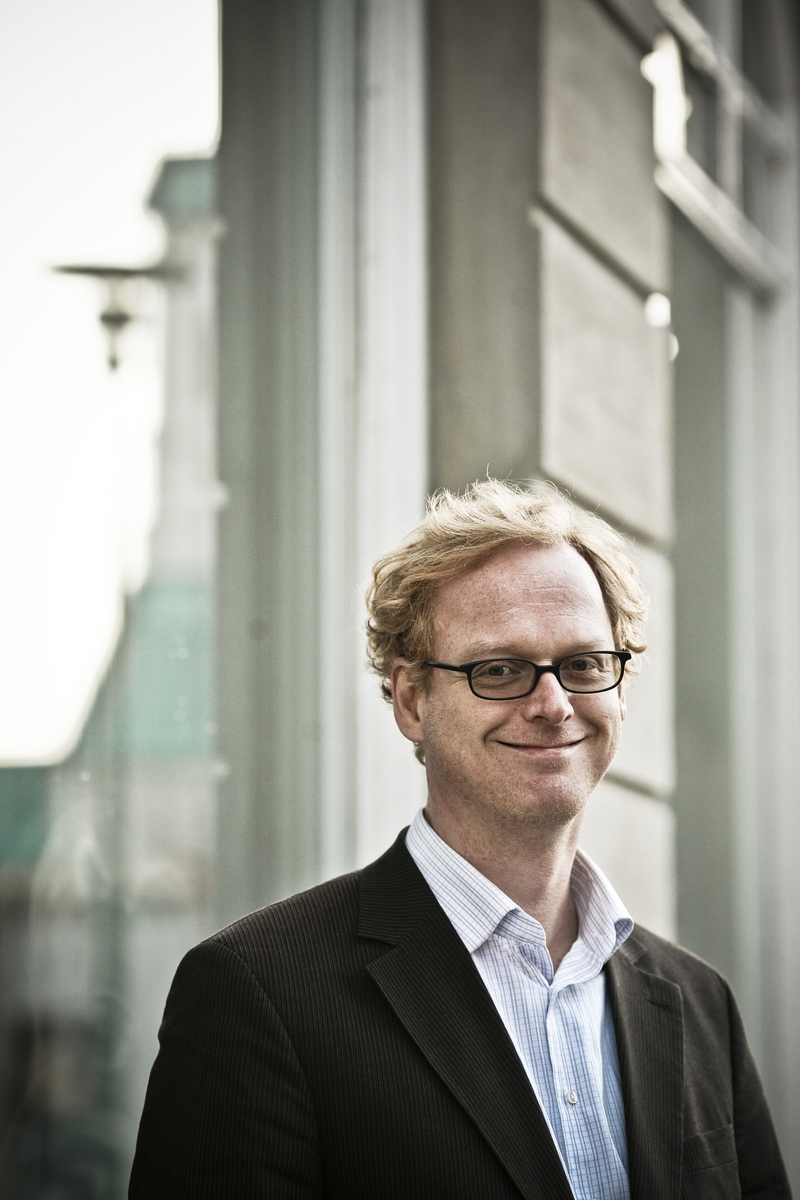 Jon Danielsson
Jon Danielsson
Jon Danielsson has a Ph.D. in the economics of financial markets and is a reader in finance at the London School of Economics. His research interests include financial stability, extreme market movements, market liquidity and financial crisis.
He has published extensively in both academic and practitioner journals, and has presented his work in a number of universities and institutions.
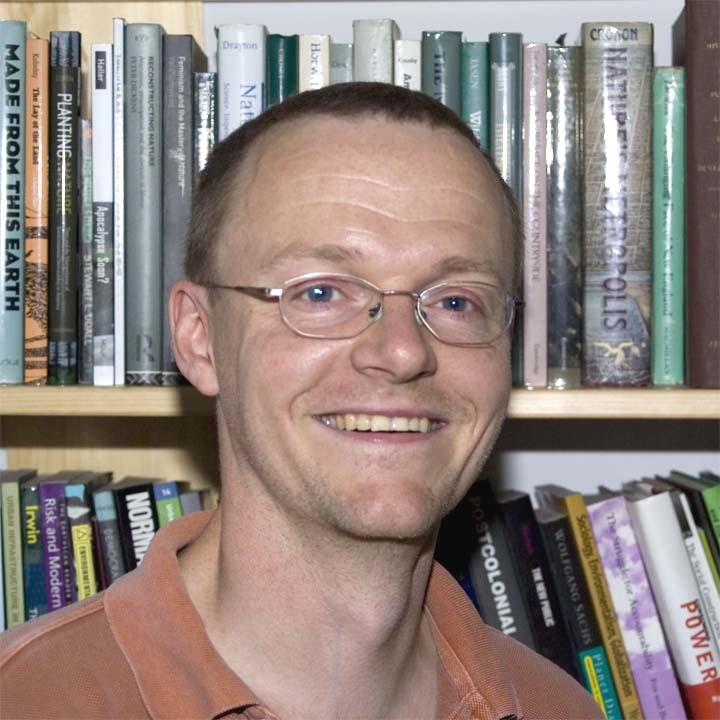 David Demeritt
David Demeritt
David Demeritt is Professor of Geography at King‟s College London specializing in social theory and the environment. His research focuses on the articulation of environmental knowledges, especially scientific and technical ones, with power and the policy process.
He is currently completing a 3 year ESRC-funded project entitled: „Europeanizing flood forecasting and the geographies of risk and science in the EU‟.
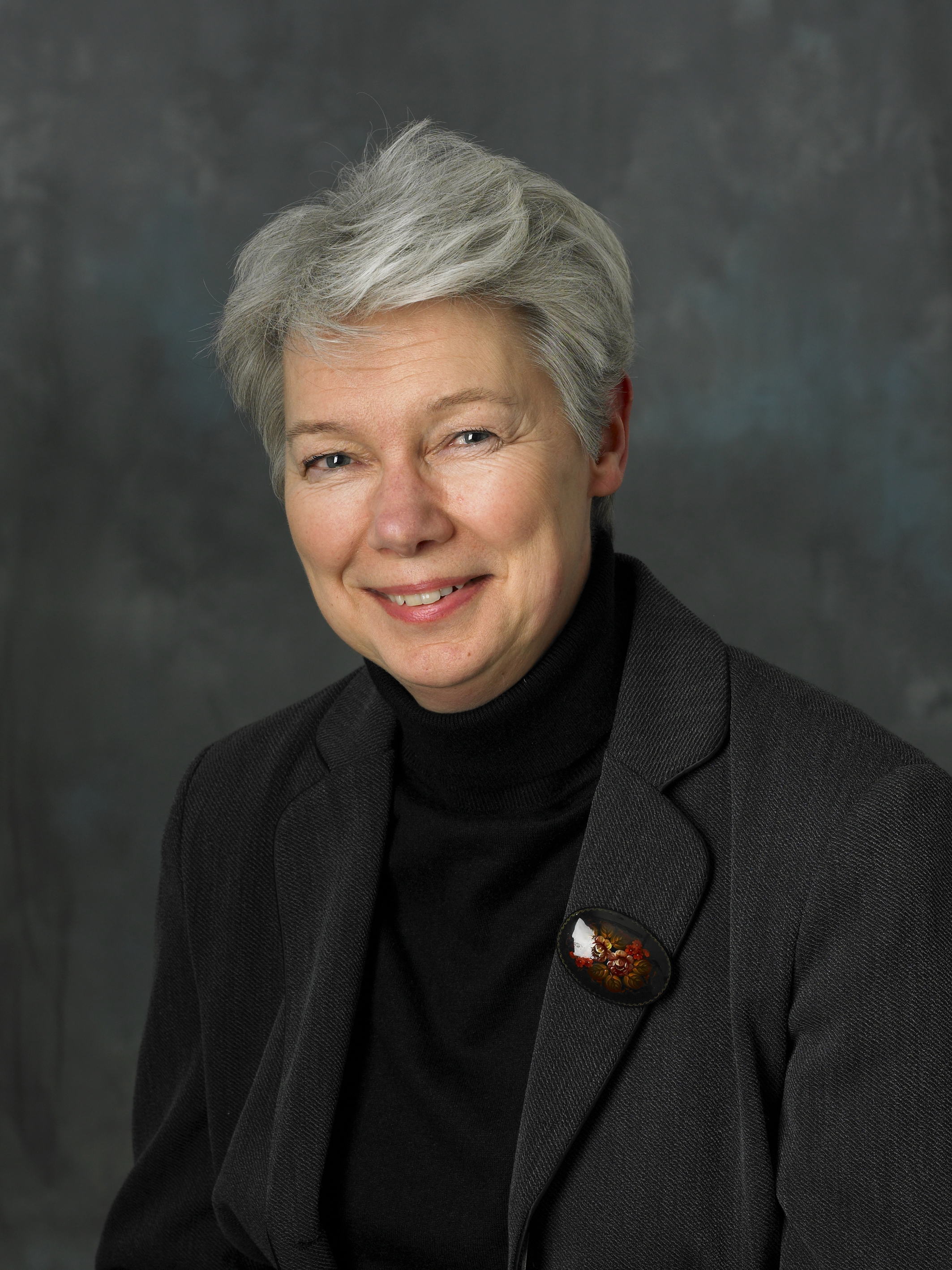 Ann Enander
Ann Enander
Ann Enander is an associate professor at the Department of Leadership at the Swedish National Defence College in Karlstad. She is a qualified psychologist and her teaching and research focus is on risk perception and communication, emergency preparedness, leadership and crisis management in both civil and military contexts.
She is a member of the scientific board of the Swedish Emergency Management Agency, the Supervisory Board of the Swedish Chemicals Inspectorate and a fellow of the Royal Swedish Academy of War Sciences. Ann is current President of SRA-Europe.
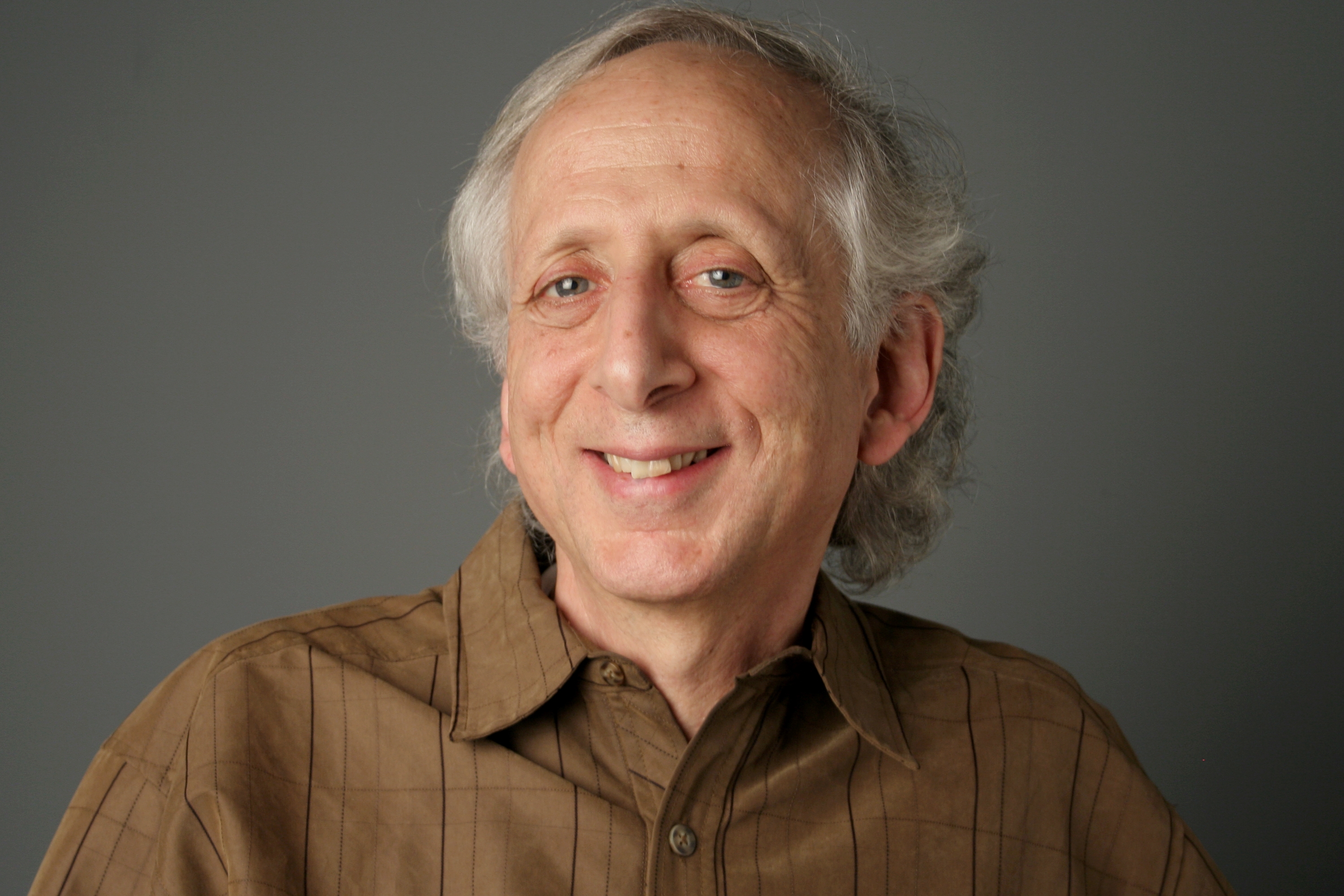 Baruch Fisschoff
Baruch Fisschoff
Baruch Fisschoff, Ph.D., is Howard Heinz University Professor, Carnegie Mellon University, where he heads the Decision Sciences major. A graduate of the Detroit Public Schools, he holds a BS in mathematics and psychology from Wayne State University and an MA and PhD in psychology from the Hebrew University of Jerusalem. He is a member of the Institute of Medicine of the National Academy of Sciences and a past President of the Society for Judgment and Decision Making and of the Society for Risk Analysis.
He currently chairs the Food and Drug Administration Risk Communication Advisory Committee and the National Research Council Committee on Behavioral and Social Science Research to Improve Intelligence Analysis. He has co-authored or edited four books, Acceptable Risk (1981), A Two-State Solution in the Middle East: Prospects and Possibilities (1993), Preference Elicitation (1999), and Risk Communication: The Mental Models Approach (2001).
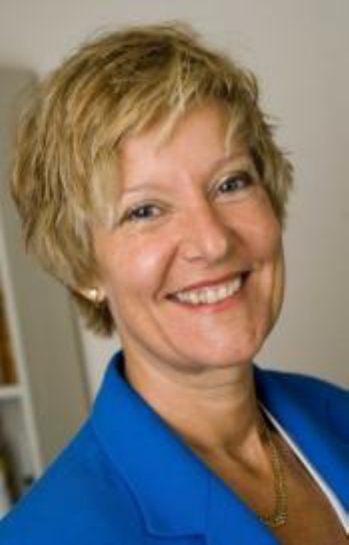 Ethel Forsberg
Ethel Forsberg
Ethel Forsberg has been the Director General of the Swedish Chemicals Agency (KemI) since 2001. KemI has 220 employees (e.g. toxicologists, ecotoxicologists, legal advisors, inspectors). KemI works to promote rules and legislation which contribute to achieving „A Non-Toxic Environment‟, one of Sweden‟s sixteen environmental objectives.
Ethel Forsberg has a Master of Science Degree in Landscaping Architecture. Before joining KemI she held positions at several sectors within the Swedish society: as environmental manager in the Federation of Swedish Farmers, senior administrative Officer at the Ministry of the Environment, Manager of Food Safety, Environment and Consumer Affairs at COOP (Head office of Cooperative Retailers in Sweden) and as Director of Administration of Health, Food and Environment in the City of Stockholm. At present she is on the board of European Chemicals Agency (ECHA).
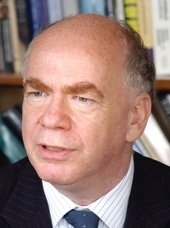 Sir Lawrence Freedman
Sir Lawrence Freedman
Lawrence Freedman has been Professor of War Studies at King's College London since 1982, and Vice-Principal since 2003. Before joining King's he held research appointments at Nuffield College Oxford, IISS and the Royal Institute of International Affairs. Elected a Fellow of the British Academy in 1995 and awarded the CBE in 1996, he was appointed Official Historian of the Falklands Campaign in 1997. He was awarded the KCMG in 2003. In June 2009 he was appointed to serve as a member of the official inquiry into Britain and the 2003 Iraq War.
Professor Freedman has written extensively on nuclear strategy and the cold war, as well as commentating regularly on contemporary security issues. His most recent book, A Choice of Enemies: America confronts the Middle East, won the 2009 Lionel Gelber Prize and Duke of Westminster Medal for Military Literature.
 Alan Irwin
Alan Irwin
Alan Irwin has been Dean of Research at Copenhagen Business School since 2007. He chairs the UK BBSRC (Biotechnology and Biological Sciences Research Council) Strategy Panel on „Bioscience for Society‟. Alan Irwin has published widely on issues of science and technology policy, scientific governance, risk, and science-public relations. His books include Risk and the Control of Technology (1985), Citizen Science (1995), Sociology and the Environment (2001) and (with Mike Michael) Science, Social Theory and Public Knowledge (2003).
He was also co-editor (with Brian Wynne) of Misunderstanding Science? (1996). His most recent research has been on the governance of science – including work with the UK Department of Environment, Food and Rural Affairs on expert advice in the policy process. In 2009 his paper on the „Politics of Talk‟ (Social Studies of Science, Vol 36(2) 2006) won the first David Edge prize for best paper in Science and Technology Studies.
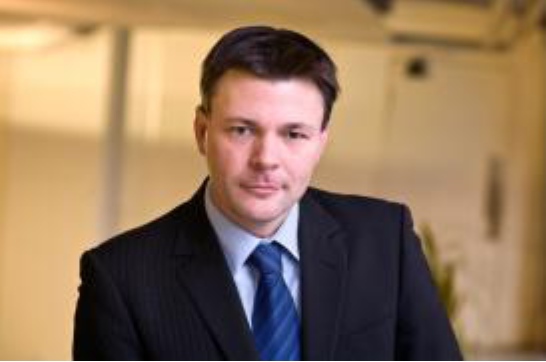 Mikael Karlsson
Mikael Karlsson
Dr. Mikael Karlsson, Södertörn University, Sweden, is President of the European Environmental Bureau and of the Swedish Society for Nature Conservation. He is an agronomist and holds a PhD in Environmental and Energy Systems. His scientific work focuses on environmental policy and risk governance concerning e.g. chemicals and energy issues. He participates in multidisciplinary projects on risk governance of the Baltic Sea and chemicals in textiles, and conducts studies on energy systems, nanotechnology and nuclear waste.
Dr. Karlsson is senior lecturer in environmental sciences and has worked on international development in East Africa and Eastern Europe. Dr. Karlsson works as expert in several EU and Swedish committees and agencies, including High Level Groups of the European Commission, the Board of the Swedish Chemicals Agency and the Swedish Environmental Objectives Council. He has been representative at WTO and UNEP meetings. Dr. Karlsson lives in Stockholm with his family.
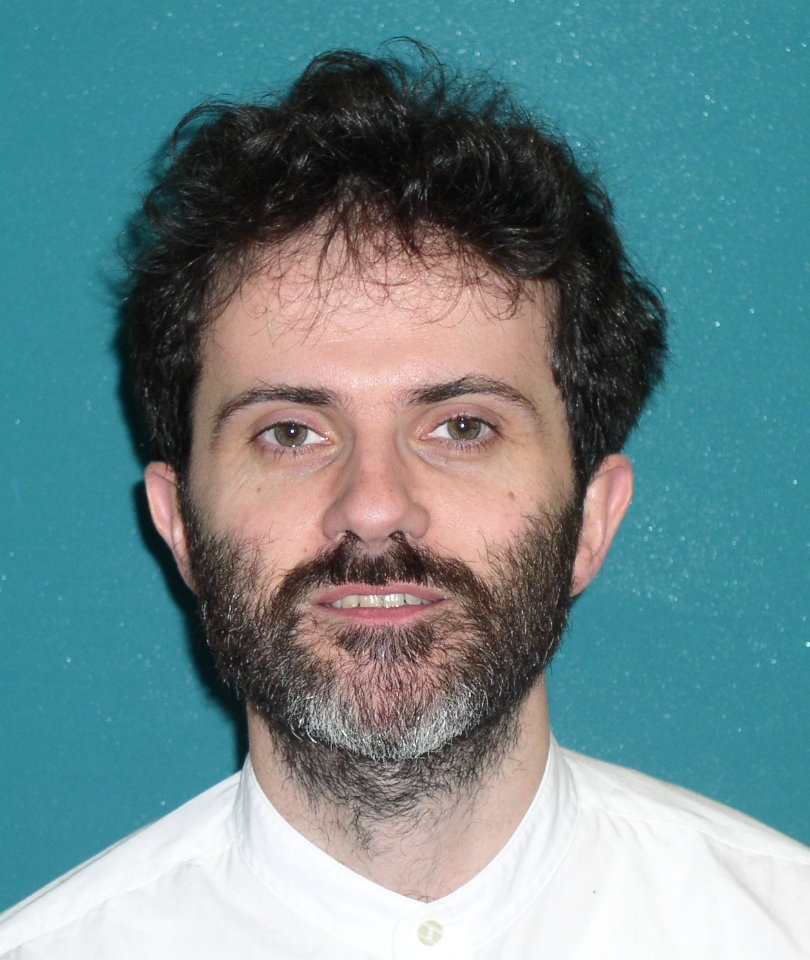 Ronan Palmer
Ronan Palmer
Ronan Palmer is Chief Economist and Head of Economics, Statistics and Social Science at the Environment Agency. His work spans the Agency‟s portfolio, including environmental protection and the management of water resources and flood risk.
Before joining the newly established Agency in 1996 he had worked with the National Grid Company and the Department of Environment.
Ronan studied Economics and Philosophy at University College Dublin.
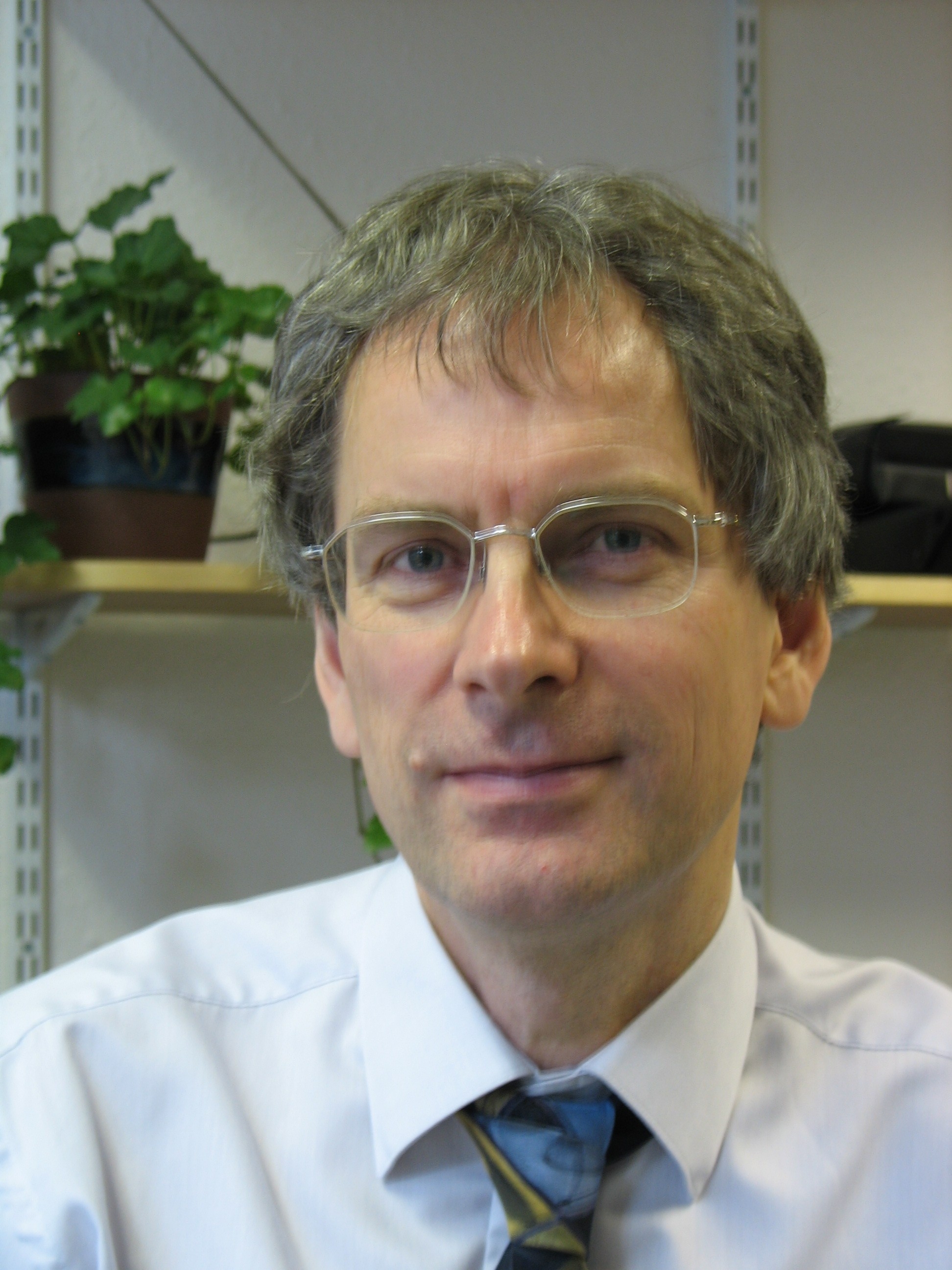 Nick Pidgeon
Nick Pidgeon
Nick Pidgeon is Professor of Environmental Psychology at Cardiff University, where he currently directs the interdisciplinary Understanding Risk Research Group. This group‟s research looks at how public attitudes, trust and institutional responses drive environmental and technological risk controversies: including those of Nuclear Power, Climate Change and Nanotechnologies.
He was a member of the Royal Society / Royal Academy of Engineering nanotechnology study group in July 2004. Co-author (with the late Barry Turner) of Man-Made Disasters (2nd ed) 1997 Butterworth-Heinemann, and co-editor (with Roger Kasperson and Paul Slovic) of The Social Amplification of Risk, Cambridge University Press, 2003. From October 2008 he took up a 3 year Economic and Social Research Council Professorial Climate Leader Fellowship investigating public risk perception, climate change and public engagement. He is also currently studying the social and ethical challenges of climate geoengineering. For further information on his research group see: www.understanding-risk.org
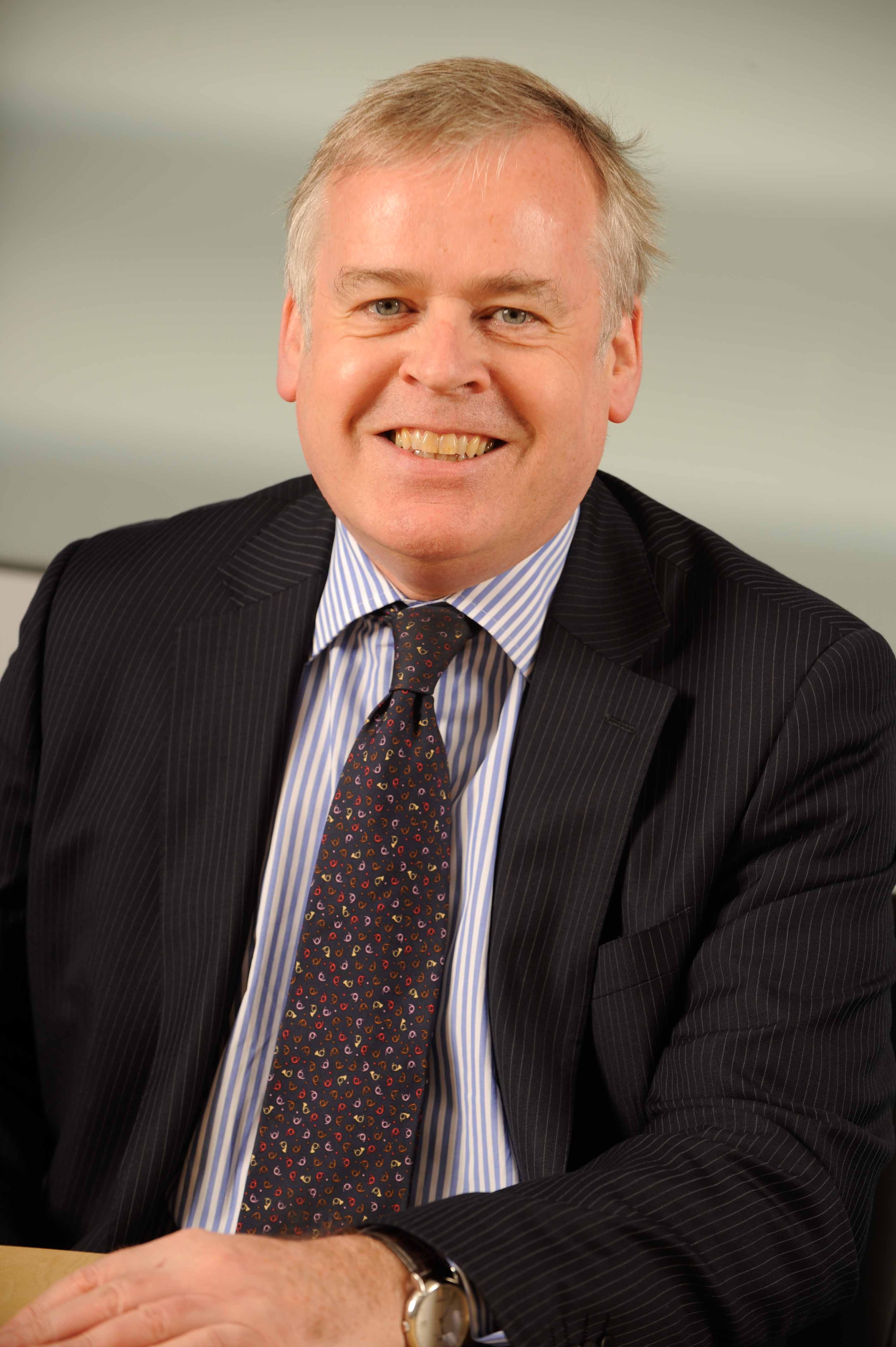 Geoffrey Podger
Geoffrey Podger
Geoffrey Podger has been Chief Executive of the Health and Safety Executive since November 2005. Since graduating from Oxford University in 1974, Geoffrey has worked for three Government Departments, two international organisations and three British agencies. In particular he worked extensively on a range of issues for the Department of Health in London.
He was chosen in 2000 to be the first Chief Executive of the UK Food Standards Agency and in 2003 as the first Director of the European Food Safety Authority. Geoffrey was awarded the CB in 2003 and is Honorary Vice President of IOSH, an Honorary Fellow of IIRSM and a Companion of the Chartered Management Institute.
 Michael Power
Michael Power
Michael Power is currently Professor of Accounting and Research Theme Director of the ESRC Centre for the Analysis of Risk and Regulation (CARR) at the London School of Economics, where he has worked since 1987. He is a Fellow of the Institute of Chartered Accountants in England and Wales (ICAEW) and an Associate member of the UK Chartered Institute of Taxation. He has held visiting fellowships at the Institute for Advanced Study, Berlin and at All Souls College, Oxford.
In 2009 he was awarded an honorary doctorate in Economics by the University of St Gallen, Switzerland. His research and teaching focuses on regulation, accounting, auditing, internal control and risk management. His major work, The Audit Society: Rituals of Verification (Oxford University Press, 1999) has been translated into Italian, Japanese and French. Organized Uncertainty: Designing a World of Risk Management was published by Oxford University Press in May 2007.
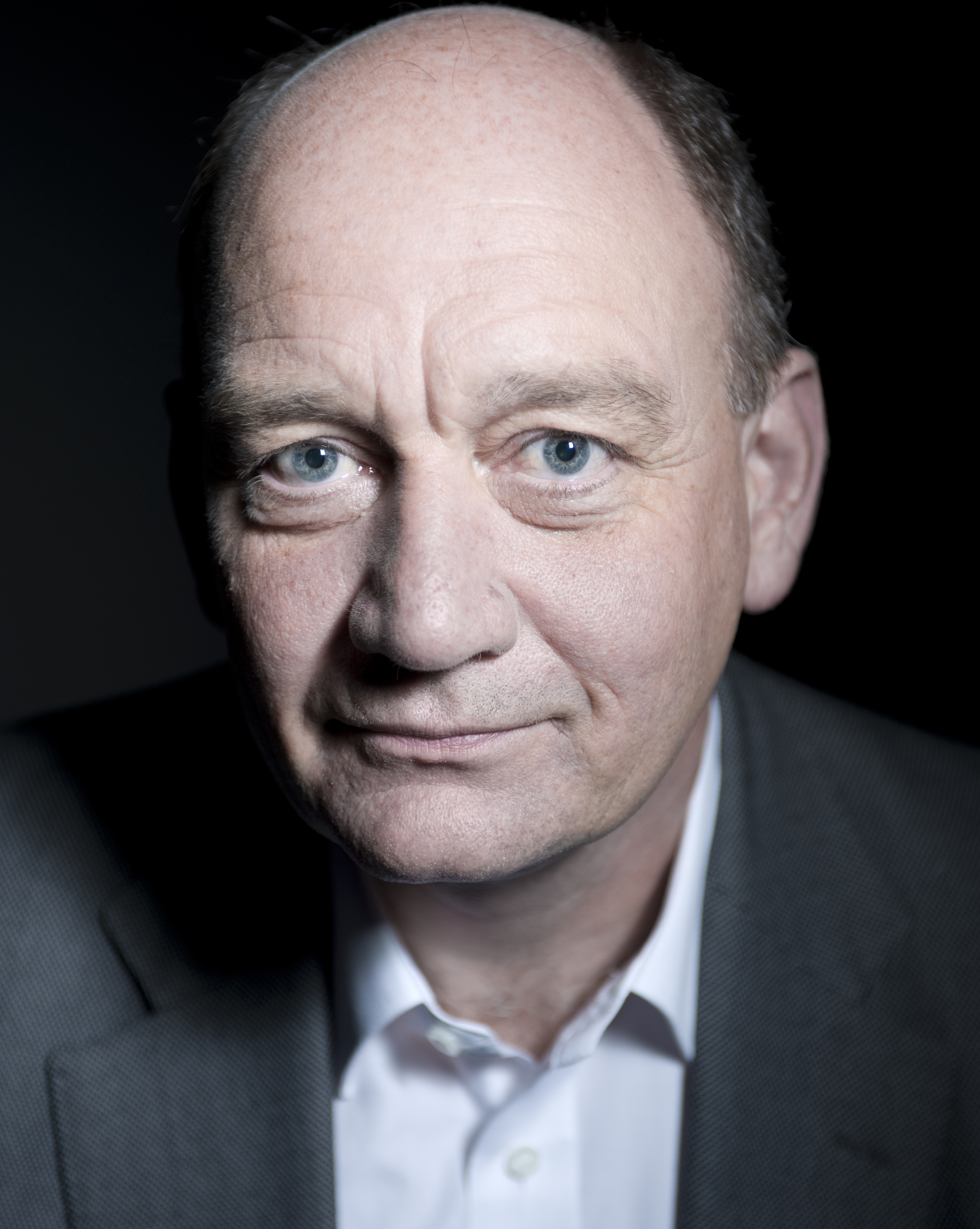 Steve Priddy
Steve Priddy
Dr. Steve Priddy has spent his working life in accountancy, first in public practice, then in business, and latterly he was director of technical policy and research at the Association of Chartered Certified Accountants. He has wide experience of statutory and management accounting, strategic tax planning in property and construction, project accounting and commercial negotiation, business turnaround, and risk management.
He has been an employer nominated pension fund trustee. His current areas of interest are "carbon cut out" and the road to a low carbon economy; the evolving role of audit in society; public private partnerships as a means of delivering social programmes; and the barriers to internationalisation of the accounting profession.
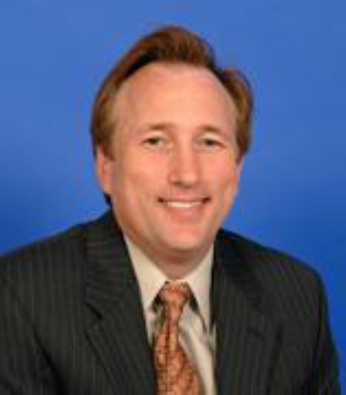 Rick Reiss
Rick Reiss
Dr. Reiss is an experienced environmental health scientist with expertise in risk assessment, exposure assessment, environmental chemistry and fate, mathematical modelling, and applied statistics. He provides consulting services related to scientific issues associated with numerous environmental statutes, and has expertise in both air quality and chemical risk assessment.
Dr. Reiss is actively involved in several scientific societies and he is the President of the Society for Risk Analysis, the leading scientific society devoted to the field of risk assessment. Dr. Reiss was the Managing Editor of Risk Analysis: An International Journal, the leading scholarly journal for risk analysis, from 2001 through mid–2008.
He was the winner of the 2001 Chauncey Starr award from the Society for Risk Analysis. This award recognizes a risk analyst less than 40 years of age that has made major contributions to the field of risk analysis. Dr. Reiss was also a councillor in the Society for Risk Analysis (term 2005–2008).
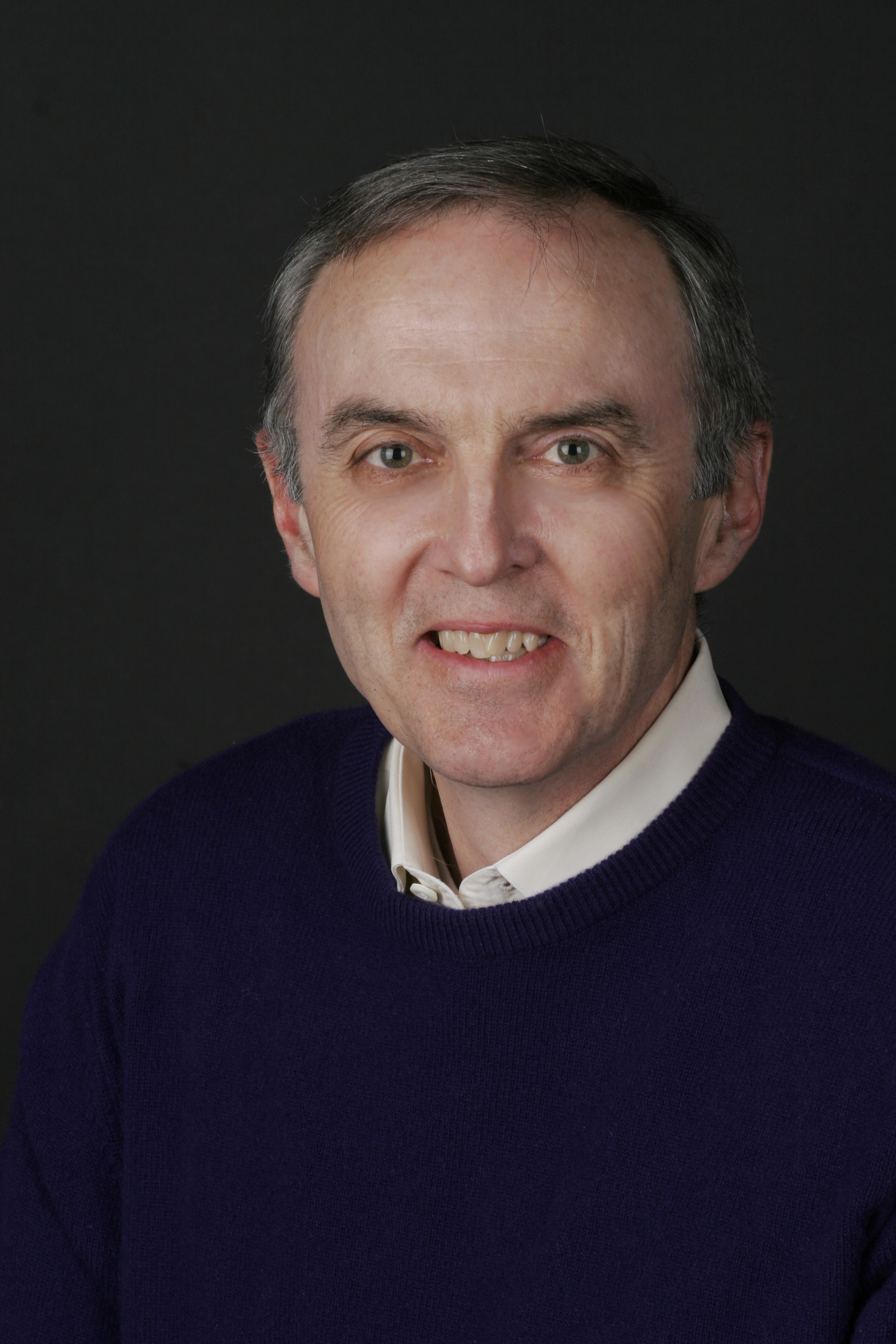 W. Kip Viscusi
W. Kip Viscusi
Professor W. Kip Viscusi is Vanderbilt University's first University Distinguished Professor, with tenure in economics, law, and management. He has previously been Cogan Professor of Law and Economics at Harvard, Allen Professor of Economics at Duke, and Professor of Economics at Northwestern. He is the Founding Editor of the Journal of Risk and Uncertainty.
Professor Viscusi's research focuses primarily on individual and societal responses to risk and uncertainty. He has published over 20 books and 290 articles, most of which deal with different aspects of health and safety risks. Viscusi‟s estimates of the value of risks to life and health are currently used throughout the U.S. government. In 2003 the Journal of the European Economic Association ranked him as number seven among economists in the world based on journal articles published, 1990-2000, and number twenty-five based on citations in journal articles over that period.
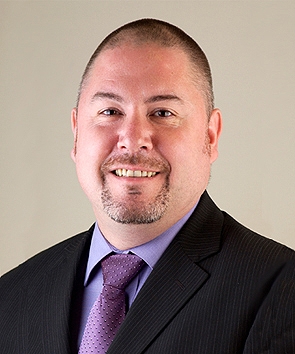 Steve Wearne
Steve Wearne
Steve Wearne is Director of the Food Standards Agency in Wales. Following a period of postgraduate research, Steve joined the Ministry of Agriculture Fisheries and Food in 1990 as a Higher Scientific Officer. He was soon promoted to Senior Scientific Officer and to Head of Branch (Grade 7 level) in 1997.
He transferred to the Food Standards Agency and initially headed the Private Office and was the first Private Secretary to the first Chair of the FSA (Sir John Krebs, now Lord Krebs).
Steve was promoted to the Senior Civil Service in September 2001 as Head of Chemical Contaminants and Animal Feed Division. He served as Interim Director for Wales in Cardiff from July 2003 for some 15 months before returning to London as Head of Regulation, International and Openness Division where he has remained until returning to the Agency in Wales during October 2007 as the substantive Director.
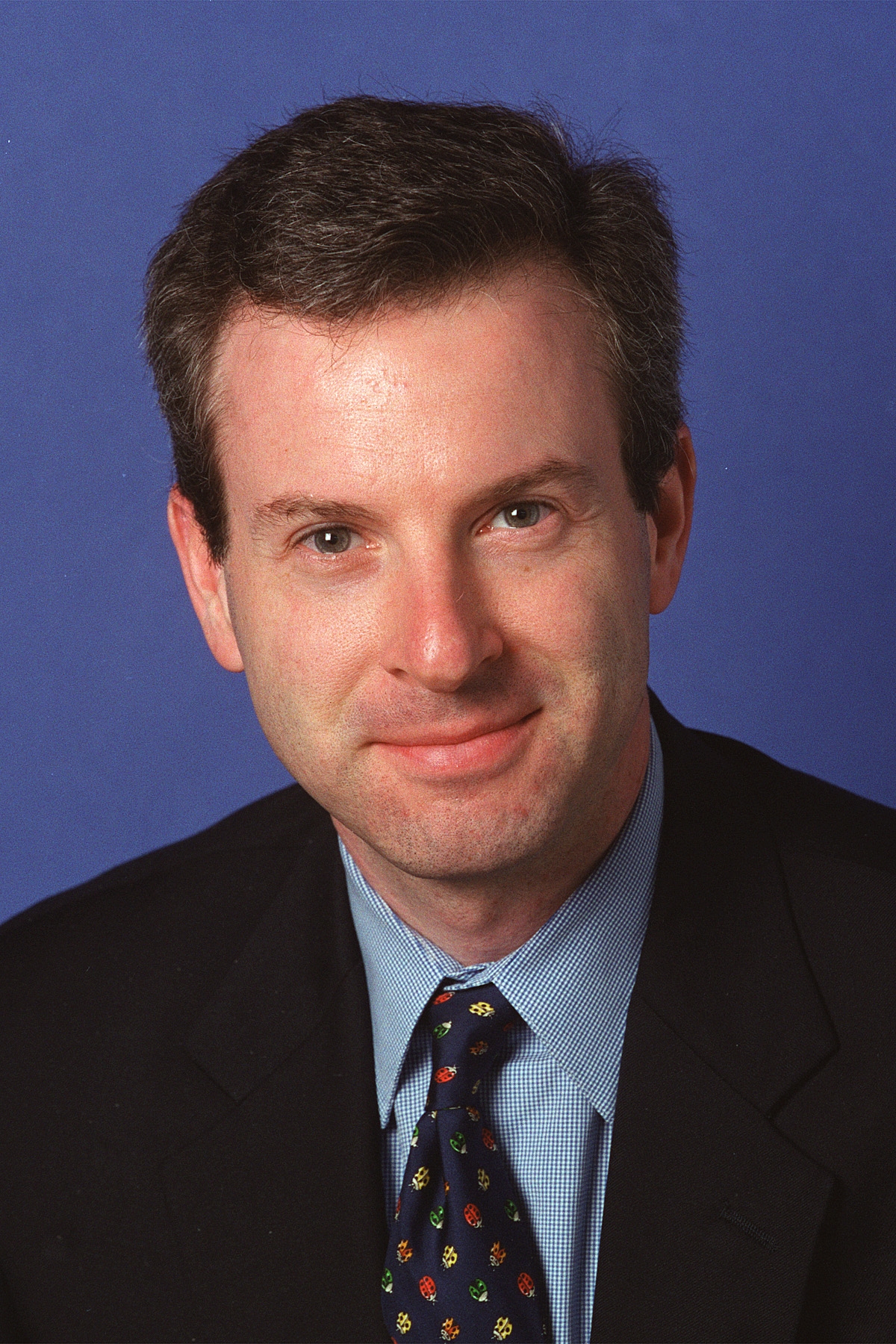 Jonathan B. Wiener
Jonathan B. Wiener
Jonathan B. Wiener is the William R. and Thomas L. Perkins Professor of Law, as well as professor of environmental policy and professor of public policy studies, at Duke University. He has been a University Fellow of Resources for the Future (RFF) since 2002. He has been a visiting professor at Harvard Law School (2010 and 1999), the University of Chicago Law School (2007), Sciences Po (2008), and EHESS and CIRED (2005-06) in Paris. In 2008 he served as President of the Society for Risk Analysis (SRA), and in 2003 he received the Chauncey Starr Young Risk Analyst Award from the SRA for the most exceptional contributions to the field of risk analysis by a scholar aged 40 or under.
From 1989 until he came to Duke in 1994, he served in the US Government during both the first Bush and Clinton administrations, as senior staff economist for environmental and regulatory matters at the White House Council of Economic Advisers (CEA), as well as at the White House Office of Science & Technology Policy, the U.S. Department of Justice, and the Americorps National Service program. In those capacities he helped negotiate the Framework Convention on Climate Change, assisted in the IPCC, and attended the Rio Earth Summit. From 1987-89, he served as a law clerk to Judge Stephen G. Breyer on the U.S. Court of Appeals in Boston, and to Judge Jack B. Weinstein on the U.S. District Court in Brooklyn, NY. He received his A.B. (1984, economics) and J.D. (1987) from Harvard University, where he was an editor of the Harvard Law Review.
We are delighted to announce a special plenary session on financial risk with:
- Jon Danielsson
Reader in Finance, LSE - Michael Power
Professor of Accounting, LSE - Steve Priddy
Director of Technical Policy and Research, ACCA











